Hey there, fellow caregivers! Let's talk about something we often put on the back burner: taking care of ourselves. Yes, I'm looking at you – the unsung heroes of senior in-home caregiving. We're busy making sure our seniors are comfy and cared for, but guess what? We deserve some TLC too! So, let's dive into essential self-care tips that'll help us keep shining bright while looking after our seniors.
Spotting Burnout Before It Spots You
Okay, picture this – you're feeling more exhausted than a marathon runner at the finish line. That's burnout waving its not-so-friendly flag. We'll chat about the telltale signs that show burnout might be knocking at our doors.
Crafting Your Personal Self-Care Menu
Imagine having a menu where everything is about you. Take some time to explore easy self-care strategies that can fit into your day, even when you're juggling your caregiving cape. Think quick relaxation techniques and hobbies that feel like a mini-vacay for your soul. Carve out space in your calendar to have YOU-time!
Time Tricks for "Me Time"Let's have a chat about time. It's that slippery thing that seems to vanish quicker than a rabbit in a magician's hat. Between senior care, daily chores, and maybe a breath or two for yourself, it's easy to wonder if time is playing hide and seek. But hold up, we've got some time management tricks that can add minutes back to your day without disrupting your caregiving mission. |
Handling Emotions and Mental Mojo
Picture your emotions as guests at a party. Sometimes they're wild, and sometimes they're calm – it's all part of the dynamic. Instead of bottling them up, invite them in. Journaling can be your secret weapon here. Putting thoughts on paper can be surprisingly therapeutic and help manage those rollercoaster feelings.
Building Your Squad of Support
Think about your superhero squad – they're there to lend a hand when things get tough. Your support network works the same way! Don't hesitate to ask for help or vent to friends who understand. Connecting with other caregivers through online groups can also be a lifeline for advice and empathy.
Kicking Butt, But Not Ignoring Your Body
Caring for seniors can feel like a full-time job even when you're off the clock, and sometimes your body needs a reminder to take a break. Sneak in stretches or mini-exercises during caregiving tasks. Remember, your body is your sidekick; treat it well so you can continue to be the caregiving hero you are.
Wrapping Up – You're Worth It!
Before you sign off, remember this: you're more than a caregiver – you're a caregiver superhero. And even superheroes need to recharge. Making time for self-care isn't a luxury; it's a necessity. By looking after yourself, you're not only maintaining your well-being but ensuring you're in top form to provide the best care possible.
Stay super, my friends! 🦸♂️🦸♀️
Stay super, my friends! 🦸♂️🦸♀️


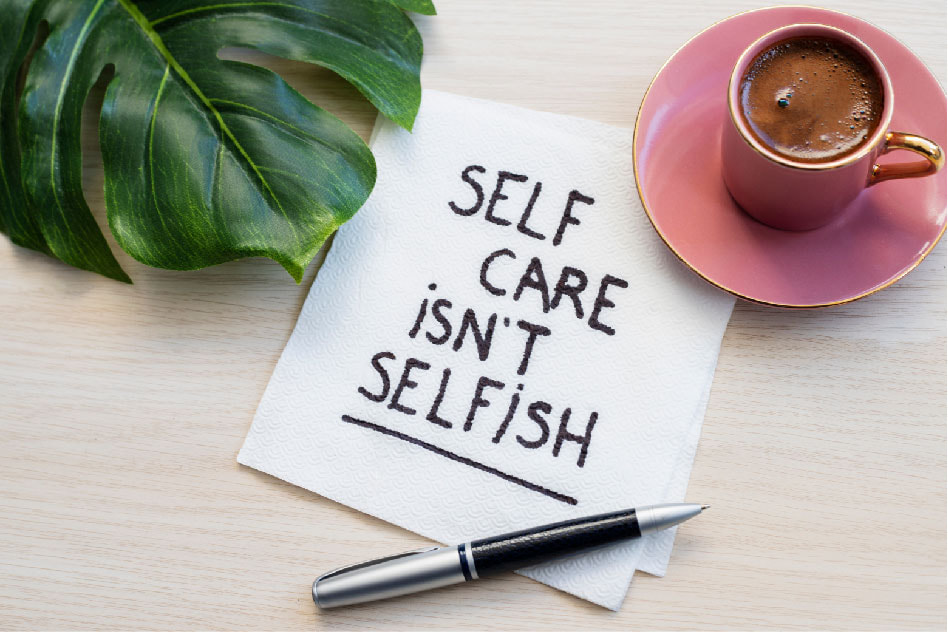

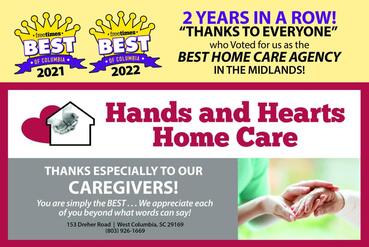

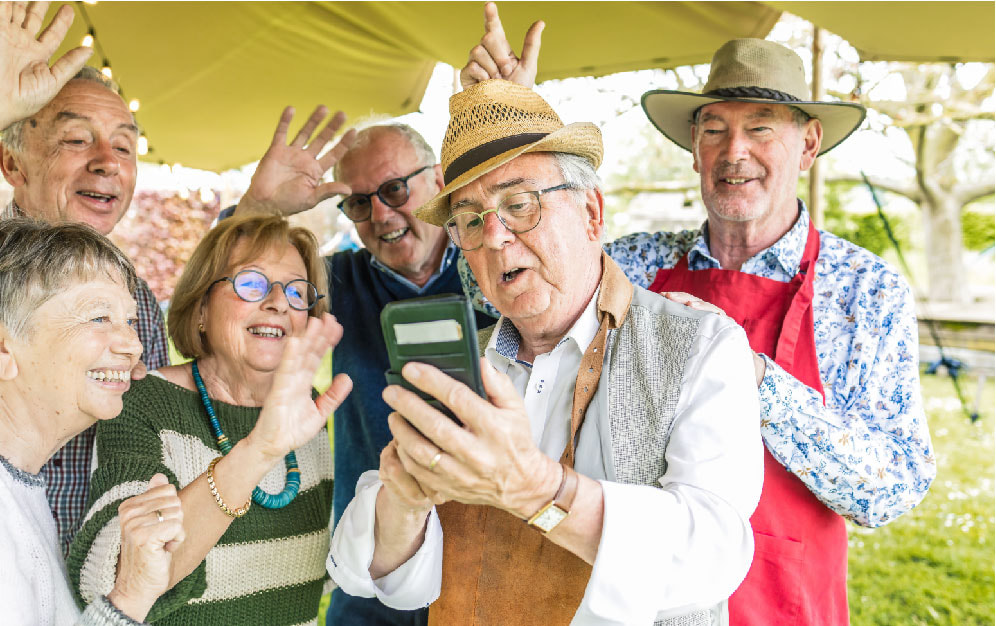
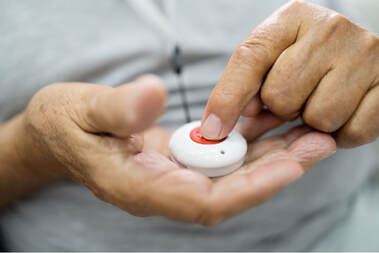
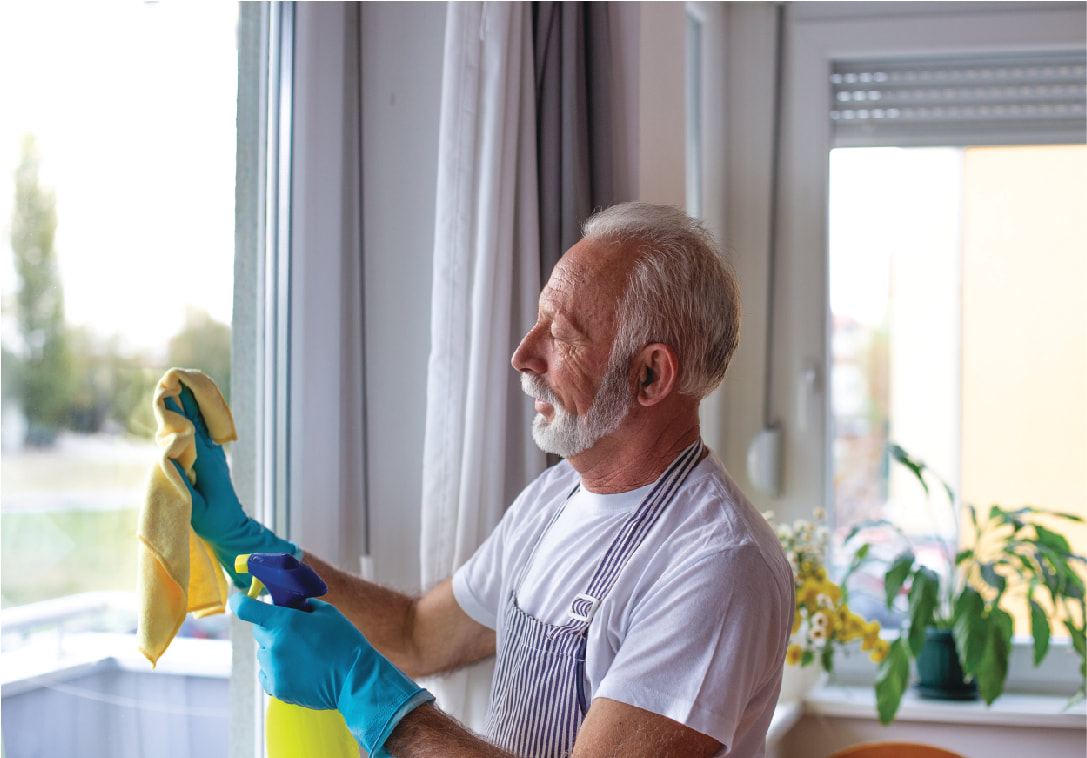

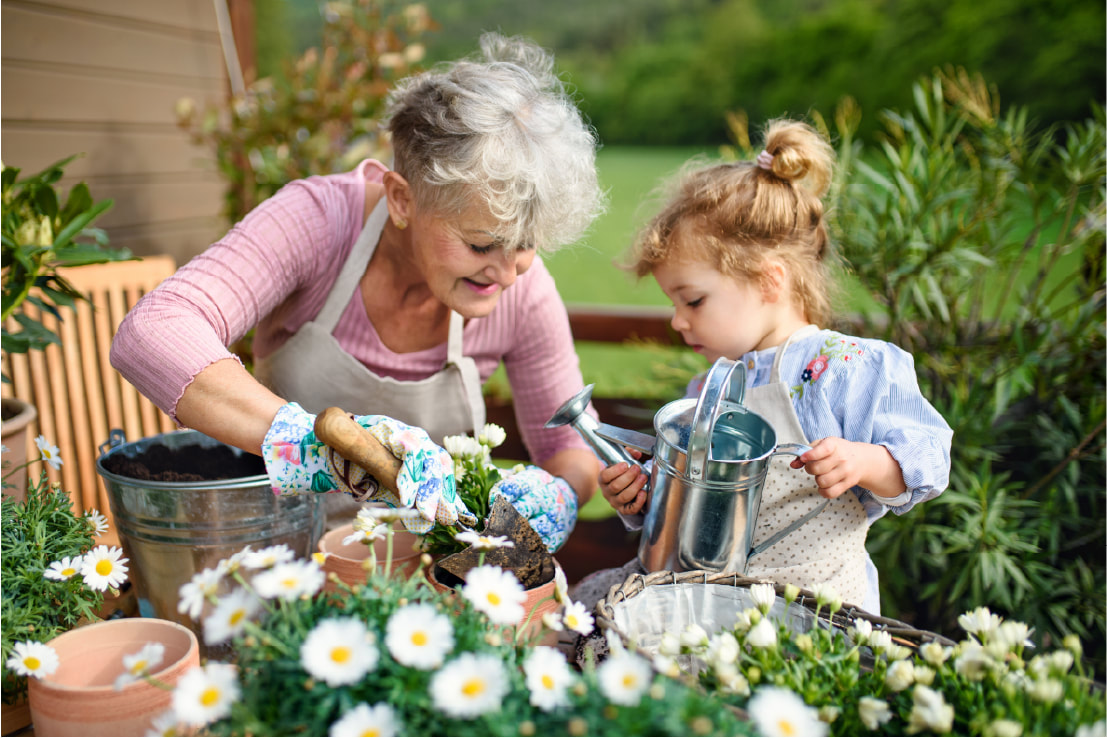
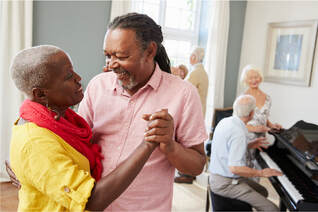
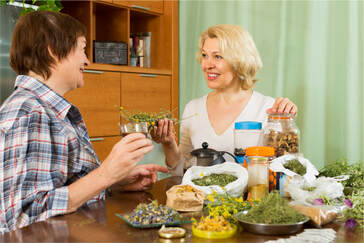


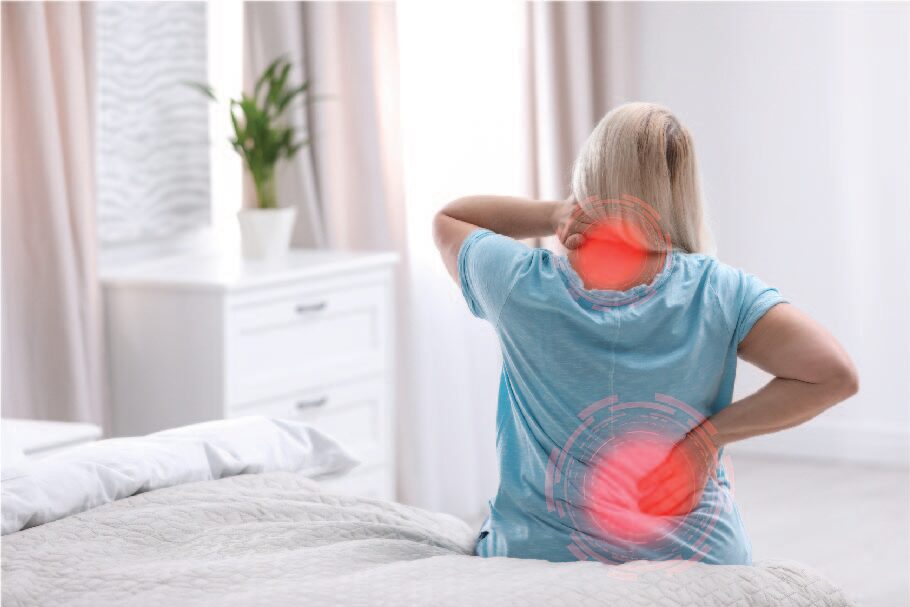
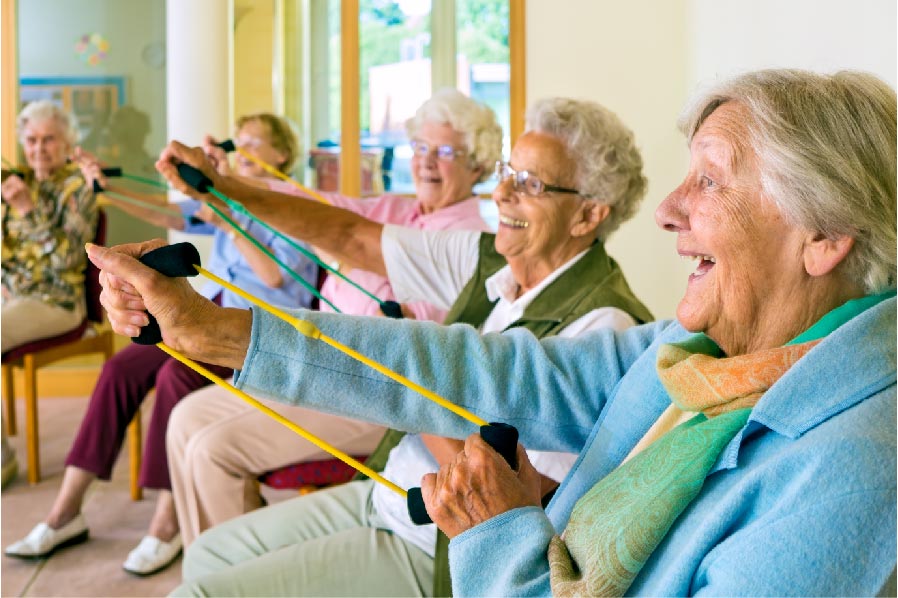








 RSS Feed
RSS Feed